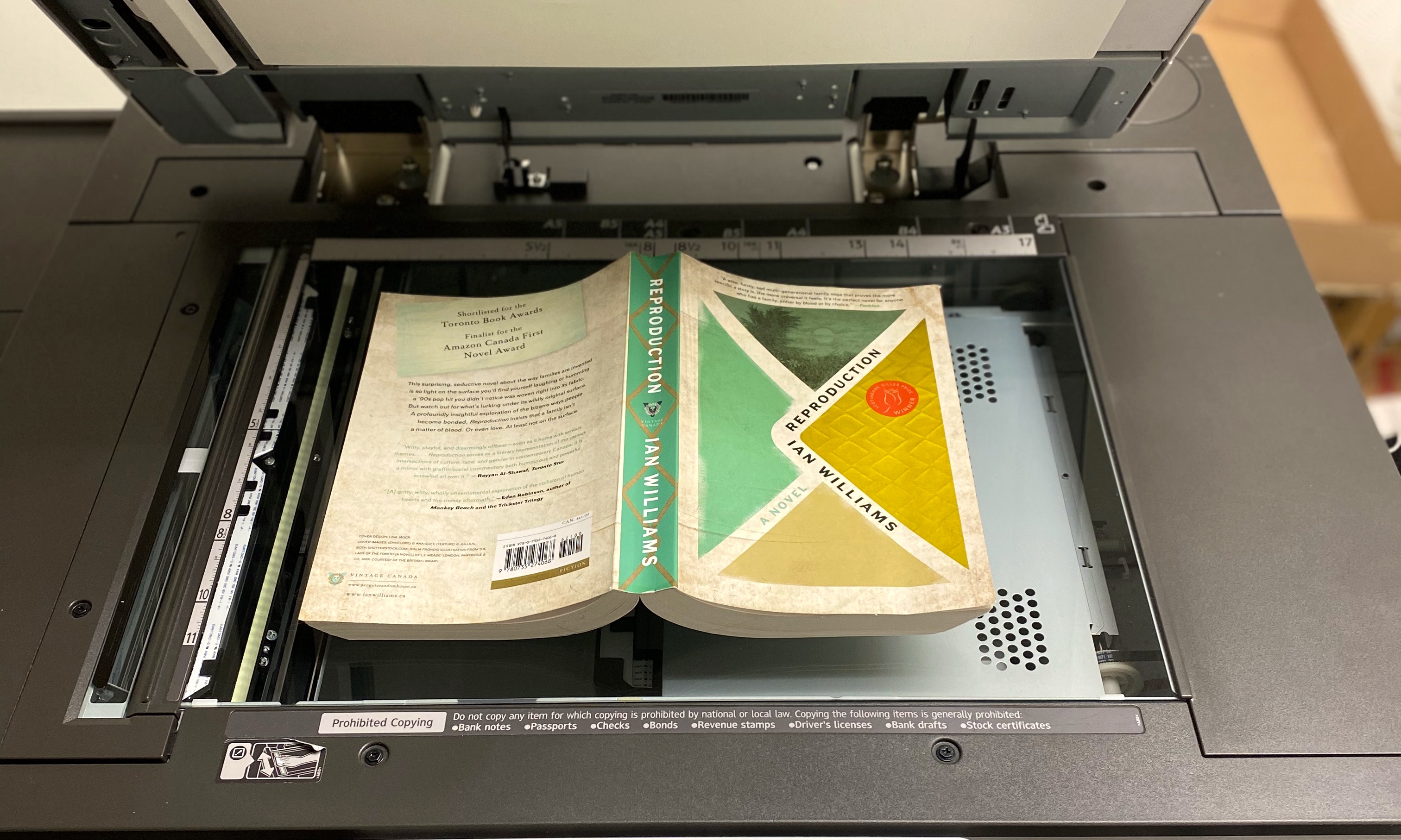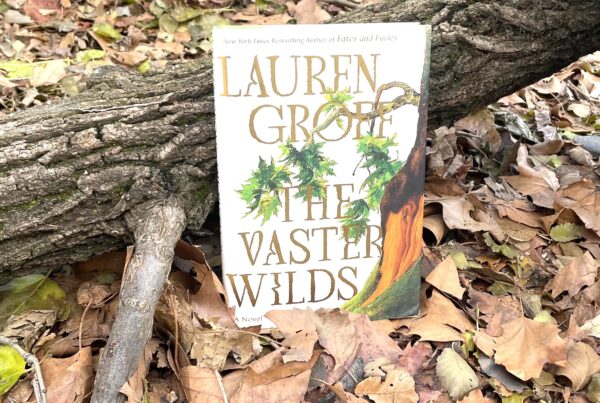Who doesn’t love a good story about family dysfunction, as many of us have survived and/or created several of our own? Reproduction, the Giller award winning novel by Ian Williams, is a book about how we treat each other in the moments that matter and don’t seem to matter. This story about family dysfunction begins with two strangers meeting in a hospital as both of their mothers are “dying in the backgrounds,” and goes on to describe their relationship, their offspring, and the many ways in which people do and do not form families.
In an interview with Williams, he describes structuring the book through the lens of reproduction: “I wanted to write a book that would reproduce itself, so it’s in four parts and each part approaches reproduction differently. In part one it’s biological. It’s in 23 paired chapters so it’s chromosomal. Part two has four characters, so we go from those two characters to four characters and 16 chapters. And part three [grows] exponentially, from 16 to 256 small sections. At the end of part three, the book gets cancer and you see those tumours growing in the superscript and the subscript.”
The novel follows, in particular, Felicia, whose mother is dying. When Felicia discovers she is pregnant, she sets off to raise her child, “Army,” or Armistice, righteously on her own. With a strong moral compass and an equally impressive narrative voice, Felicia states clearly and without wavering what is right and wrong as we make our way through the trials and tribulations that families face: single-parenting, co-habitating, raising teenagers, and accommodating the institutions in our lives, whether they be universities or landlords. She is no-nonsense, clear headed, but also realistic. In part two of the novel, we are introduced to another voice — Army’s — and his passionate, humorous, young black male’s perspective trips off the page and carries us along with it through difficult stories, among them the rape of a friend and strange phone calls from his absent father.
At the heart of this novel are questions about secrets and communication, magnetism, male privilege, masculinity, desire, consent, and fatherhood. But the novel, like the cancer that Williams calls “the final form of reproduction beyond human control,” is “complex, but…should read like a good love story.” And it does. I found myself pulled along by these distinctly human characters, families, and disarming dysfunctions.




